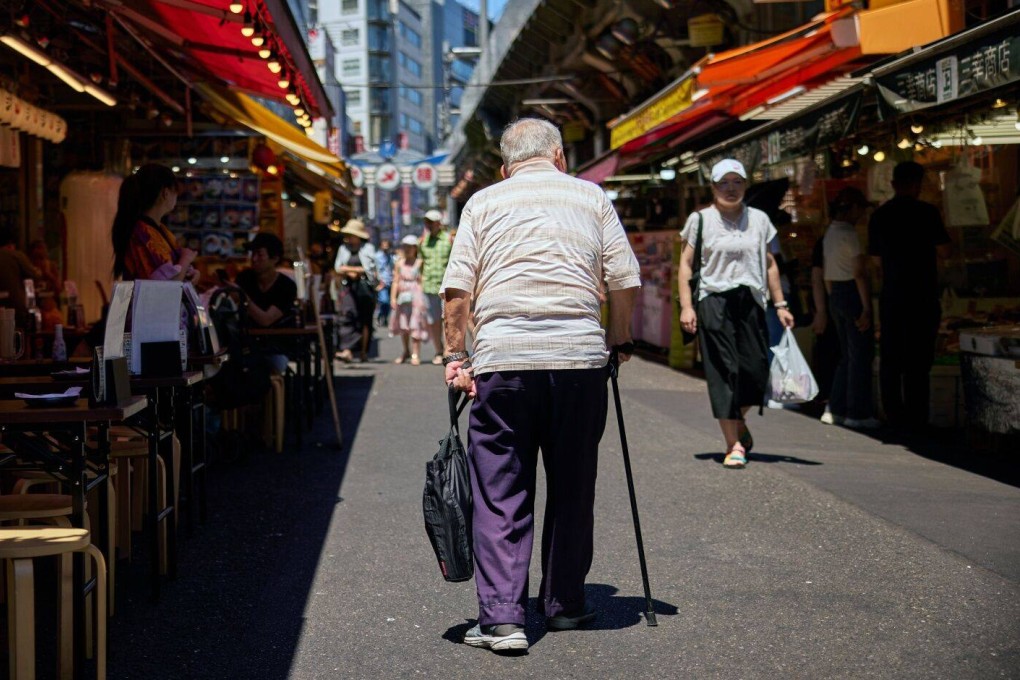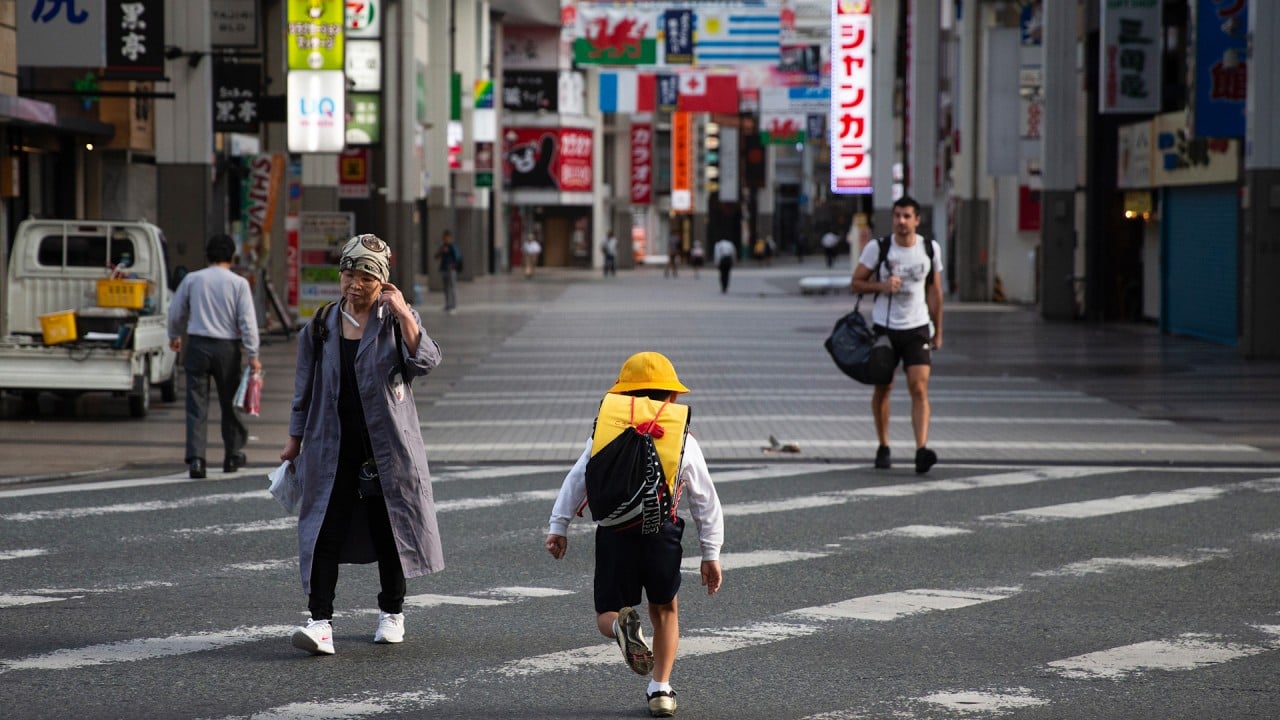In Japan, more than 1 in 4 are now old enough to retire as births continue to plummet: ‘it is serious’
- New figures show 36 million people in Japan are now 65 or older, with around 1 in 10 of the entire 124 million population aged 80 or above
- The government is pumping money into supporting young families to forestall a plummeting birth rate, but observers say ‘nothing seems to be working’

Some 12.59 million of Japan’s 124 million people fell into this age bracket as of mid-September, according to data published by the ministry of internal affairs on Monday – up 270,000 year on year.
When expanded to include Japanese aged 75 or older, the number has surpassed the 20 million mark for the first time, increasing by 720,000 over the past year, the data shows. Those who fall into this age bracket were born before 1949, in the immediate aftermath of Japan’s World War II defeat.
More broadly, some 36.23 million Japanese were 65 or older as of September 15, with a record 29.1 per cent of the population now above retirement age. Of that total, 20.51 million were women.
In parallel with the ageing population, government spending on healthcare and pensions is also rising and presently accounts for around one-third of all public spending. The ministry of health and welfare recently requested a budget of 33.73 trillion yen (US$228.3 billion) for the next financial year, up 587 billion yen (US$4 billion) from this year.
“People are simply living longer, thanks largely to a good diet, healthy lifestyle choices, medicines that are constantly getting better, and the high standard of healthcare in Japan,” said Yoko Tsukamoto, a professor of infection control at the Health Sciences University of Hokkaido.
